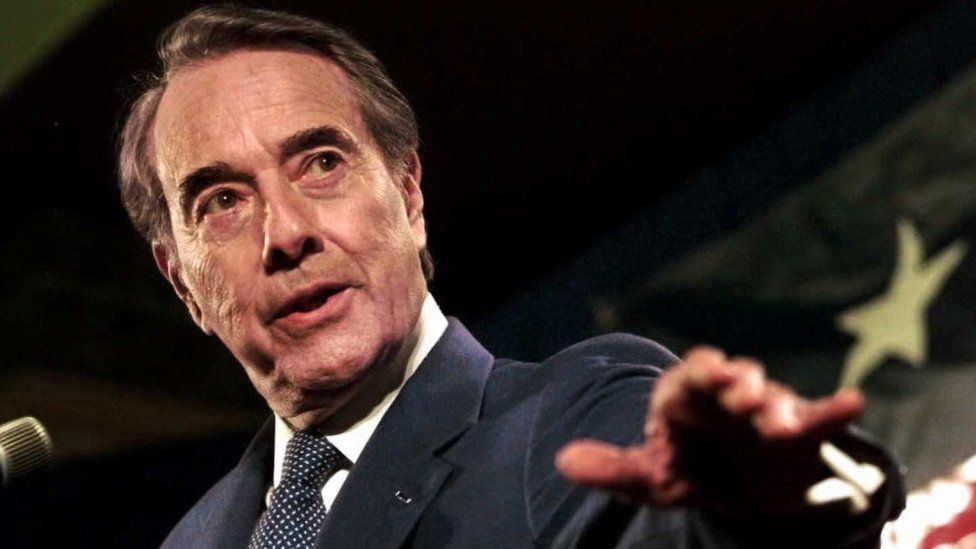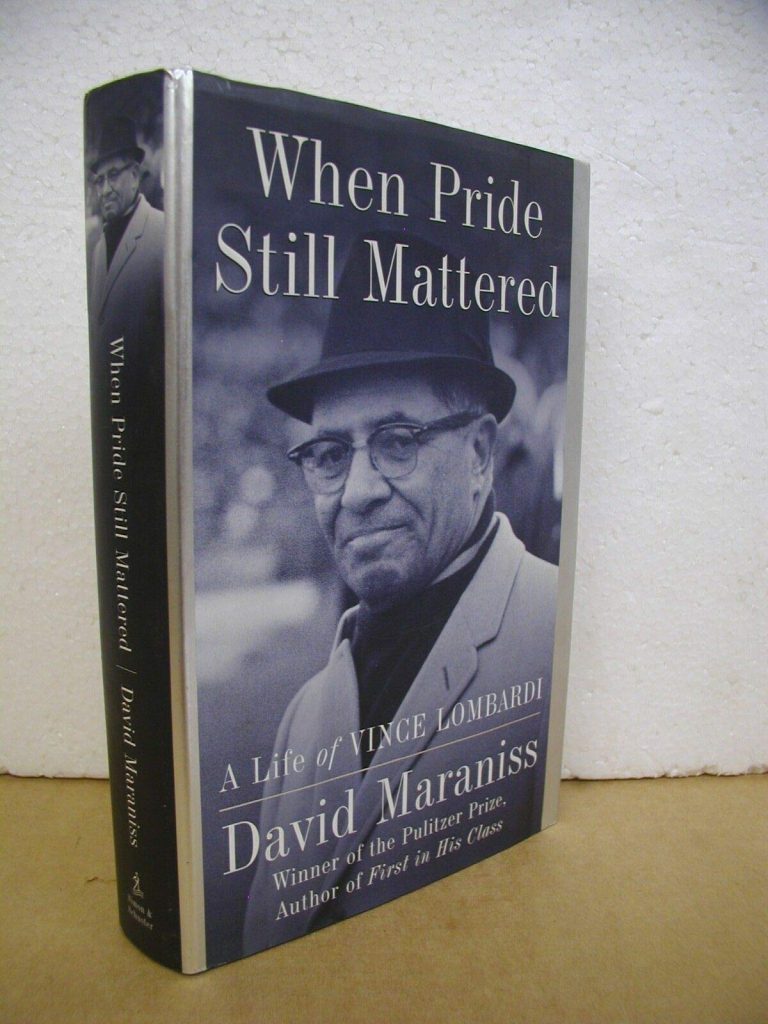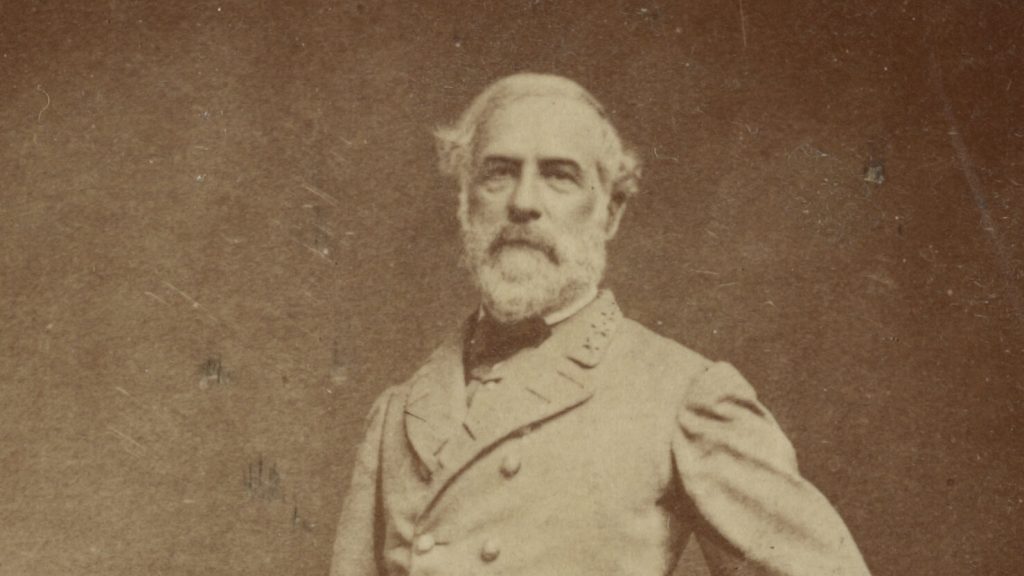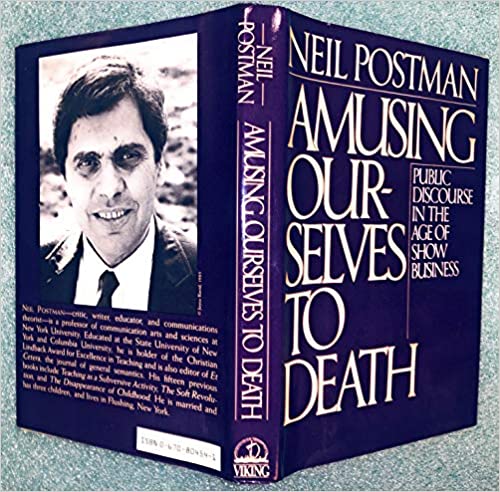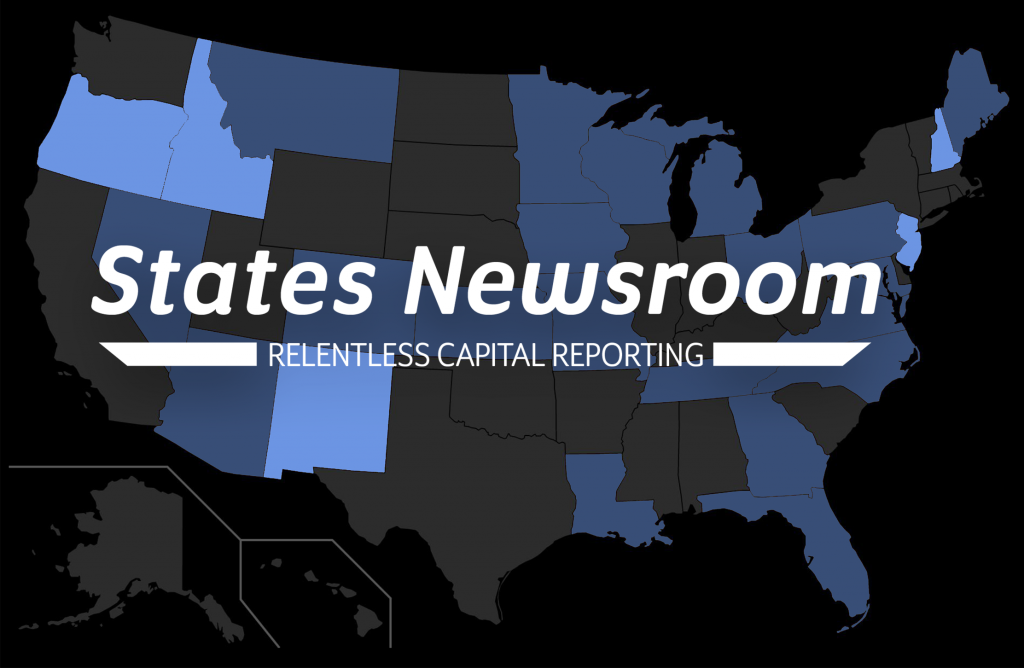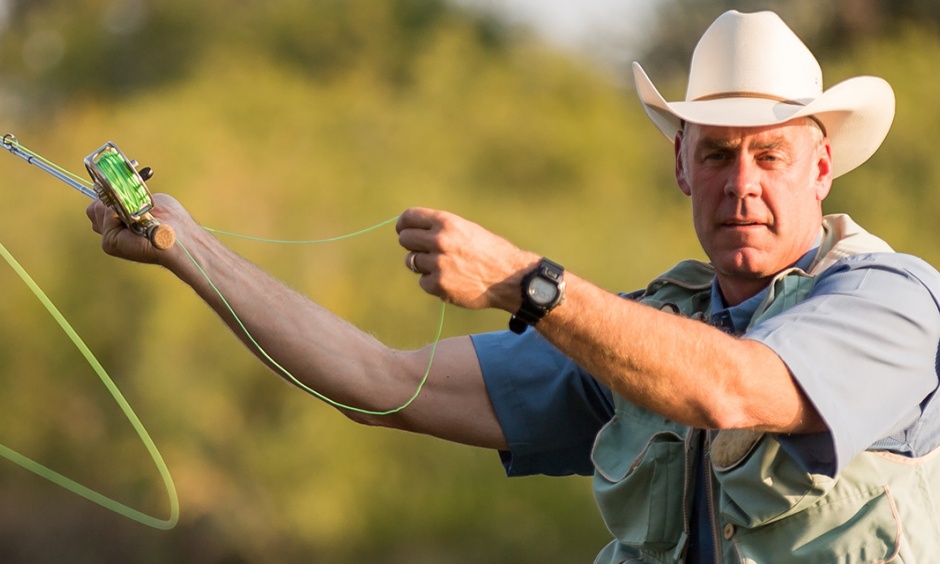It was the summer of 1973. Congress was struggling, amid tense and often angry partisanship, to understand who was really responsible for the break in a year earlier at the Democratic National Committee headquarters in the Watergate complex in Washington, D.C.
The story – quickly dubbed Watergate – unfolded over a period of many months, with details large and small emerging in news reports and, we now know, by leaks from a top official at the FBI, among others. Watergate would emerge as an example of massive political corruption – one of the great scandals in American history.
In those days the United States Senate was led by a flinty Montanan, a former Butte copper miner who became a university history professor and eventually majority leader.
Mike Mansfield was a Senate “institutionalist,” meaning he literally dedicated his 24-year career to elevating the institution he led, and he was always protecting the Senate’s prerogatives and reputation.
When it became impossible to avoid questions of whether Watergate’s crimes reached the White House and were perhaps being covered up by officials in the government, Mansfield acted in the interest of the Senate and the nation.
He went to Republican leader Hugh Scott of Pennsylvania and proposed a select committee to investigate. Scott agreed. Then Mansfield made one of the most consequential decisions of his consequential career – he selected a drawling, elderly North Carolina constitutional lawyer by the name of Sam Ervin to chair the committee.
Ultimately, the Senate vote to create the committee was unanimous, but only after Republicans tried to get a committee divided equally among GOP members and Democrats – Democrats held a healthy majority in the Senate at the time. Florida Republican Edward Gurney – shades of current Republican congressional tactics – attempted unsuccessfully to broaden the investigation to include the 1964 and 1968 presidential campaigns. The focus would be Watergate.

Ervin was no one’s idea of telegenic. His fleshy face sported big jowls and a double chin. His white hair was often untamed. His black horned rim glasses perched uneasily on a big nose. Ervin was a throwback, a conservative southern Democrat and dead-end segregationist suspicious of too much government and too much racial equality.
But Ervin also revered the Senate and the Constitution, particularly that concept that no one is above the law. Importantly for Mansfield, Ervin was in his last term. He wasn’t running for anything.
Mansfield surrounded ol’ Sam with what appeared to many at the time to be a lackluster group of Senate second-stringers, but they had been selected with purpose. None had national political ambitions that might get in the way of a serious investigation of serious crimes.
Ervin’s investigation became critical to unraveling Watergate and forcing a presidential resignation.
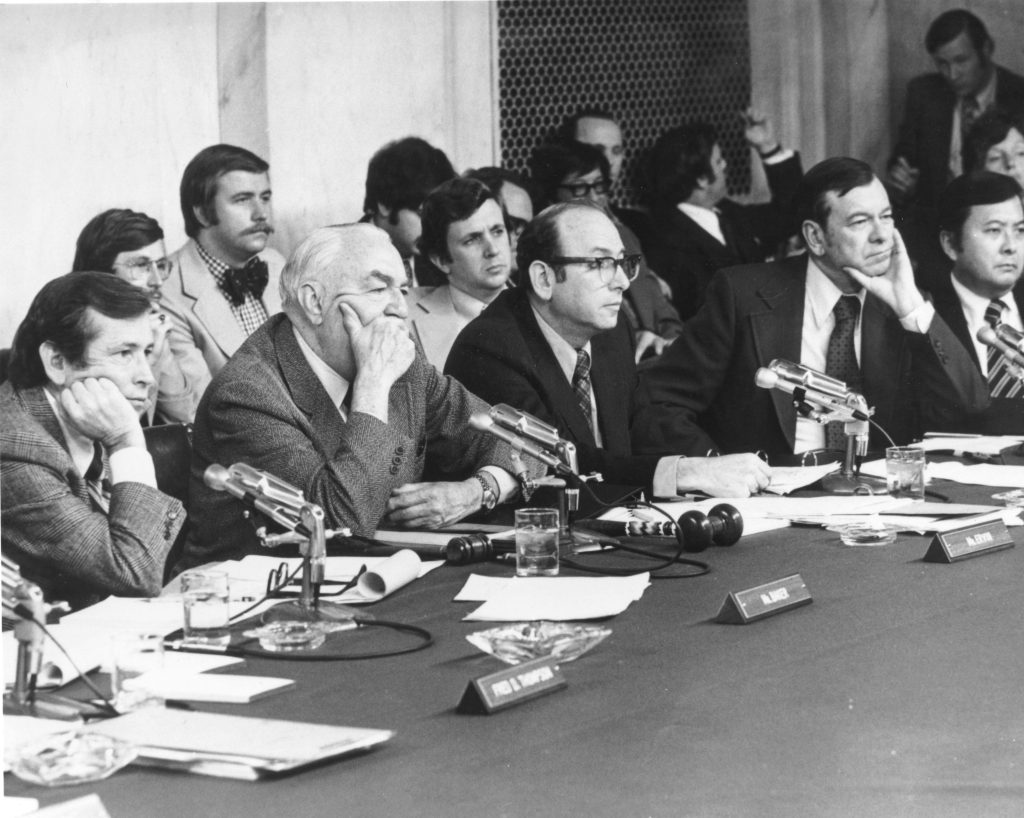
Republicans, meanwhile, selected a handsome, articulate senator from Tennessee by name of Howard Baker to co-chair the Watergate committee. Baker was the son-in-law of the legendary Senate Republican leader, Everett Dirksen, who had operated in a highly cooperative, bipartisan way with Senate Democrats, especially Mansfield.
Still, it was widely expected that Baker would be a loyal defender of President Richard Nixon, whose role in Watergate was always at the center of the investigation. And for a long time Baker was a defender. And then he wasn’t.
On June 29, 1973, Baker asked a simple question of former White House counsel John Dean that came to define Baker’s Senate career. Dean had been fired by Nixon and was now cooperating with the Senate committee.
“My primary thesis is still,” Baker asked, “what did the president know, and when did he know it?”
Baker posed the question believing he was helping Nixon, who had repeatedly denied knowledge of the Watergate break in or any effort to cover it up. He was hoping the question would exonerate Nixon, or at least make the issue one of Nixon’s word against Dean’s.
But Baker did not yet know there were tapes – many tapes – of Nixon’s conversations with White House aides orchestrating the cover up, including trying to get the CIA involved.
All this history is worth remembering in light of the increasingly apparent role of the former president in stimulating many of his followers to attack the U.S. Capitol on January 6. No Watergate analogy is perfect, but Donald Trump clearly egged on the attackers, delayed responding to the chaos aimed at Congress and his own vice president, and is now attempting to use every avenue to prevent the fully story from coming out. It’s very Nixon-like.
Text messages released this week to former Trump chief of Staff Mark Meadows – a 21st Century variation of sorts on Nixon’s White House taping system – seem to show that the former president was very involved in events leading up to and including January 6.
Trump’s own son begged Meadows to get the president to do something to stop the attack. “He’s got to condemn this s@#t ASAP,” Don, Jr. messaged.
The turd polishers at Fox News even weighed in imploring action from Trump to stop the carnage. Meadows knows all this. He also knows what Trump said and did. It’s why his contempt of Congress is so important.
One text to Meadows really stands out: a House Republican messaged him, even before several states had finalized vote counting, that Republican legislatures in Georgia, North Carolina and Pennsylvania ought just ignore the voters and name their own slate of Trump electors.
This was an early example of the political weaponizing of the “big lie” that the election was stolen. January 6 was a follow on.
Here’s a way to think about updating Howard Baker’s classic question: not only what did Trump know and when, but what did your member of Congress know and when?
It’s clear some members of Congress were communicating with the organizers of the attack and with the White House. What did they know and when? We deserve to know. If there is nothing nefarious about the actions of members of Congress who swore an oath to preserve and protect the Constitution then so be it, but we need to know.
Most House Republicans, including every member from the West with the exception of Liz Cheney of Wyoming has tried to hamper the January 6th investigation, labeling it “partisan,” and voting to let Meadows and others get away with stiffing Congress. But all that is a smoke screen.
Congress has every right – indeed an obligation – to investigate such fundamental and dangerous abuses.
Congressional power to investigate and hold accountable the executive branch was established as long ago as 1792 and has continued through the Civil War, the sinking of the Titanic, war profiteering during World War II, Watergate and Benghazi.
By undermining the ongoing investigation of January 6, Republicans may be protecting themselves from the wrath of Donald Trump and his most fevered supporters, but they are putting partisanship ahead of American democracy. We need to know what all of them knew and when they knew it.
Meanwhile, it seems worth noting that a detailed Associated Press survey of every single claim of voter fraud in six contested states found fewer than 475 questionable votes out of millions cast. “The findings build on a mountain of other evidence,” the AP report said, “that the election wasn’t rigged, including verification of the results by Republican governors.”
Yet, the lies continue. Holding to account those involved on January 6 has truly become the urgent necessity of democracy.
—–0—–
Additional Readings:
A few other suggestions that I think will be worth your time…
Nicholas Kristof Wants to Be a Governor. Why Won’t He Talk to National Media?
Actually, I think it’s pretty smart of the former New York Times columnist turned Oregon gubernatorial candidate not to spend any time worrying about national media. He should be talking to the Eugene Register-Guard and the Ontario Observer. Still, this piece does pose some important questions.
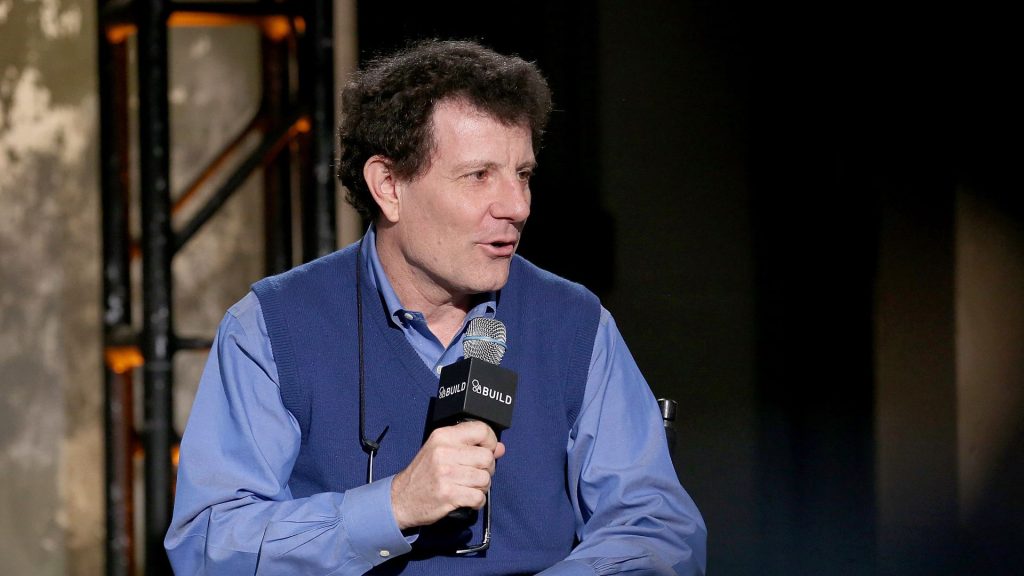
Garret Epps, writing in Washington Monthly, used Kristof’s book – Tightrope – as a takeoff point for his questions.
“Tightrope is a terrific book, regardless of what one thinks of Kristof’s proposed policy responses, which include improved early childhood programs, universal high-school graduation, elimination of unwanted pregnancies, a monthly child allowance for families, programs to wipe out child homelessness, and a ‘baby bond’ given to each child at birth to generate wealth as kids grow up, and programs to guarantee a job for any American who wants one.”
Here a link to the full story with some historical context on whether journalists get very far in politics.
Spoiler: It’s rare, but Oregon has some history.
How a Kennedy Became an Anti-Vax Juggernaut
I confess I’ll never understand the anti-vax attitude. It boggles my mind. And there is this.
“Robert F. Kennedy Jr. strode onto the stage at a Southern California church, radiating Kennedy confidence and surveying the standing ovation crowd with his piercing blue Bobby Kennedy eyes. Then, he launched into an anti-vaccine rant. Democrats ‘drank the Kool-Aid,’ he told people assembled for a far right conference, branded as standing for ‘health and freedom.'”
When Radio Stations Stopped a Public Figure From Spreading Dangerous Lies
I have been listening to a terrific podcast called Radioactive. It’s produced by Tablet magazine and focuses on the rise and eventual demise of the 1930’s Catholic priest and radio personality Father Charles Coughlin.

Coughlin was a fascinating and dangerous character. Read this and then listen to the podcast.
“Coughlin’s Detroit ministry had grown up with radio, and, as his sermons grew more political, he began calling President Franklin D. Roosevelt a liar, a betrayer and a double-crosser. His fierce rhetoric fueled rallies and letter-writing campaigns for a dozen right-wing causes, from banking policy to opposing Russian communism. At the height of his popularity, an estimated 30 million Americans listened to his Sunday sermons.’
Bros., Lecce: We Eat at The Worst Michelin Starred Restaurant, Ever
Finally, the viral story of the week – or perhaps the year. An absolutely hilarious and bitter review of a Michelin star restaurant in Italy.
“We headed to the restaurant with high hopes – eight of us in total, led into a cement cell of a room, Drake pumping through invisible speakers. It was sweltering hot, and no other customers were present. The décor had the of chicness of an underground bunker where one would expect to be interrogated for the disappearance of an ambassador’s child.”
It gets better. Here is the review:
And here’s the Washington Post on how the review went bonkers viral.
As always…have a good weekend. Be safe. Get the booster.

